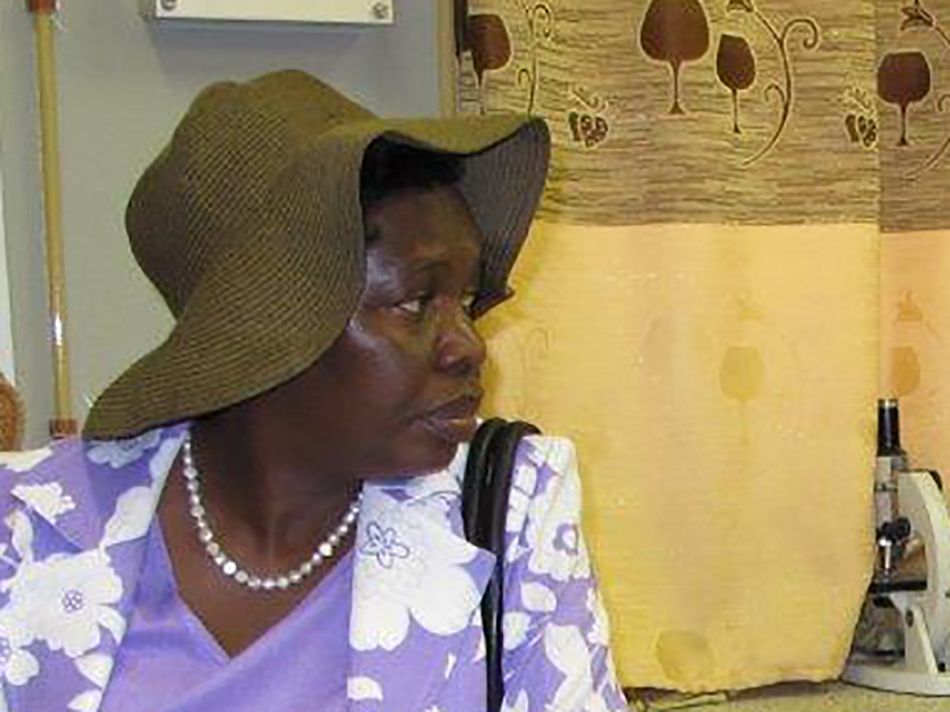
MCA-Namibia CEO Penny Akwenye believes women are receiving greater opportunity to make their voices heard on the local and national levels.
I was raised in a responsible way.
I was taught how to behave properly and the importance of taking my work and peers seriously. Most importantly, I was taught to respect everyone regardless of their status in society. I view everyone as human beings, no different from myself.
The traditional perceptions of women in my country, Namibia, are changing. In Namibia today, women hold key leadership positions as ministers, CEOs, managing directors, and other influential positions. In rural areas, there are female leaders at the village and local committee levels.
Women across the country have a better understanding of their rights. They come to know that they are free to speak in the language of their choice, they have rights to inheritance and education, they can own property (particularly the land upon which they have worked their whole lives), they have power to help determine activities that affect them, and they can manage their own resources.
The Government of Namibia is promoting opportunities for women. It is changing laws to ensure men and women have equal rights and created the Ministry of Gender Equality and Child Welfare.
In order to better reach rural women, the ministry has offices across the country and offers information in a variety of languages. These offices offer services closer to people’s homes. And they allow rural women a better opportunity to narrate their needs as they see them, make decisions and own the results.
Most Namibian women live in rural areas, so bringing services closer to them lowers the burdens of transportation costs, reduces the time the woman must be away from home and increases the number of people who are able to participate in educational meetings and awareness campaigns.
MCC and MCA-Namibia are supporting this transition through Namibia’s five-year, $304 million compact, which includes activities to educate women on their rights to own property (especially land), their right to participate in meetings and various committees and their right to voice their opinion without fear of retribution.
This progress is a sign that we are moving in the right direction—however, in many countries, progress comes at the price of losing culture and tradition. This must not happen in Namibia. Tradition is the fiber of society and must be handled carefully to ensure no one is the target of discrimination.
I believe young women in Namibia today are missing the upbringing that women of my generation had. Although the “Facebook generation” may view this traditional upbringing as antiquated, I strongly believe it contributes to a strong foundation to building a quality life.
Young women should take life seriously, value everybody (including themselves) and work hard with commitment and dedication. A life full of opportunity awaits.

